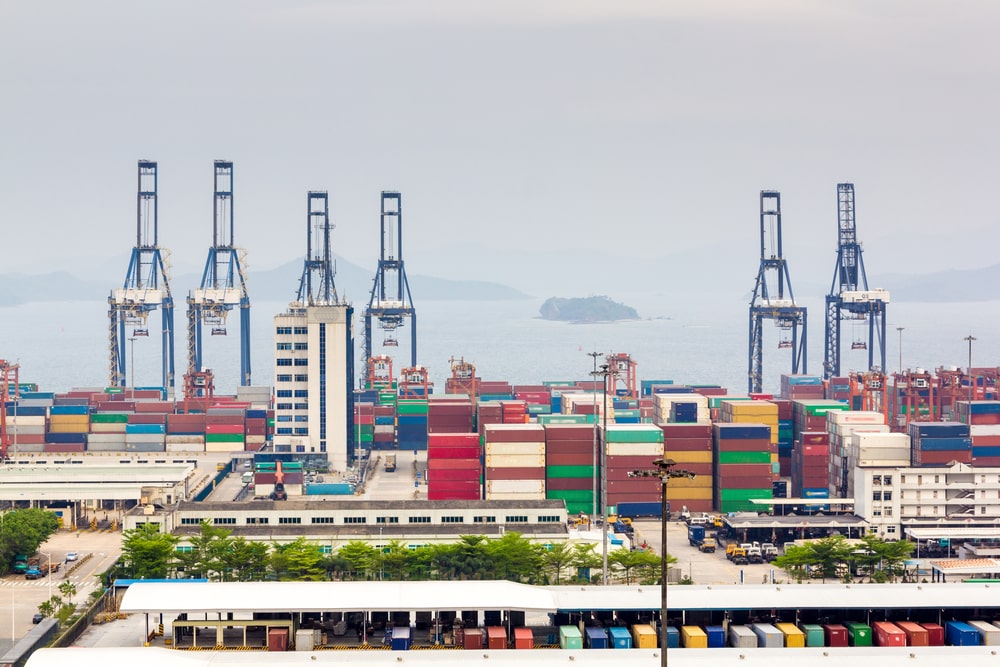Closure will disrupt $14 billion of trade and delay exporting of clothing and computer equipment too.
The recent closure of Shanghai and Ningbo ports due to Typhoon Chanthu, may create delays that disrupt more than $14 billion of trade flows according to scenario analysis conducted by Russell Group.
Further analysis shows that the commodities of clothing ($331 million is exported from Shanghai) and computers / office equipment ($361 million) will face severe disruption and could affect the availability of key clothing items or electronic goods in the run-up to the holiday season.
Russell’s analysis was based on a port closure at both Shanghai and Ningbo from 12th September (first report of port closures) to 26th September, based on 2020 figures.
The full breakdown of the trade between Shanghai and Ningbo is shown below:
Shanghai
1. Imports ($4.1 billion)
2. Exports ($3.4 billion)
3. Total ($7.5 billion)
4. Top Commodity – Clothing (331 million)
Ningbo
1. Imports ($5.7 billion)
2. Exports ($3.4 billion)
3. Total ($7.5 billion)
4. Top Commodity (Computers / Office Equipment (361 million).
Russell Group CEO Suki Basi commented on the launch of the Shanghai and Ningbo figures:
“Our analysis will come as little relief for corporate risk managers, their organisations’ supply chains, ship operators and (re)insurers that have seen disruption after disruption pile on top of each in 2021. Rising port accumulation exposures across the global economy is serious concern for businesses that rely on just in time supply chain methods. In this quarter alone Ningbo has been closed twice and the first incident created havoc to the logistics of global trade. I would not be a surprised if it happens again.
“The release of this data from Russell’s Scenario Factory demonstrates that any effective risk mitigation plan needs to have a more granular understanding of trading relationships. Organisations, along with their risk managers, can analyse data from these modelling insights to plan for the worst and exploit any business opportunities that arise along the way.”
